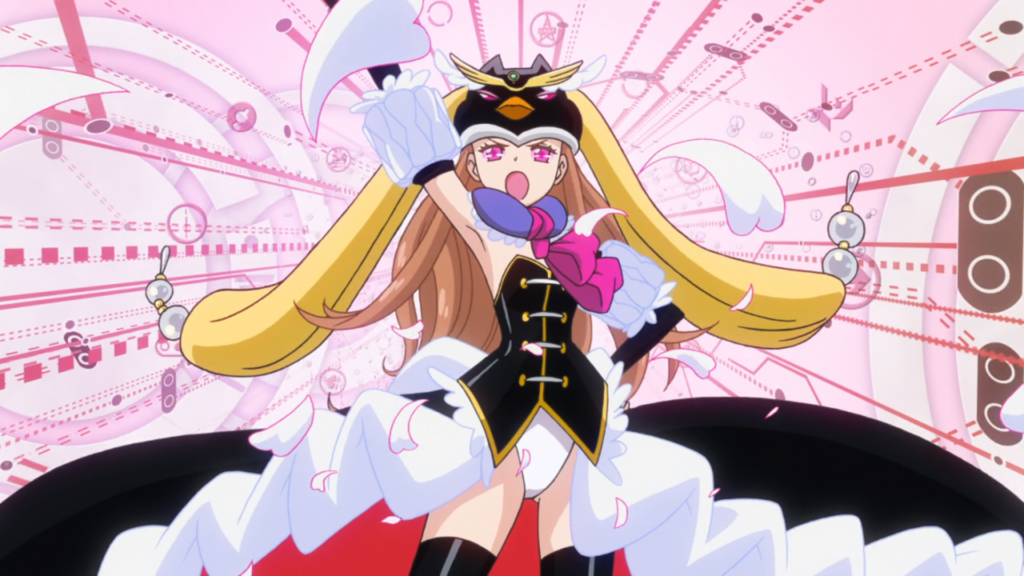as an anarchist fairy tale
Mainstream culture is not capable of using the A word in any context where it can be identified with or celebrated. The best one can hope for is farce. So would this program have been if it were on network television.
Television has come a long way from just being a wasteland of empty smiles and variety shows, or from a national fireplace where we all sit around and are delivered a package of Americana and late night blue humor. Approximately 70% of households subscribe to cable (and satellite) television, which have fractured the way that media is consumed, so much that while the quality of all mass visual media can still be debated, it can’t be argued that the place where experimentation happens (such as it is) is in cable programming.



